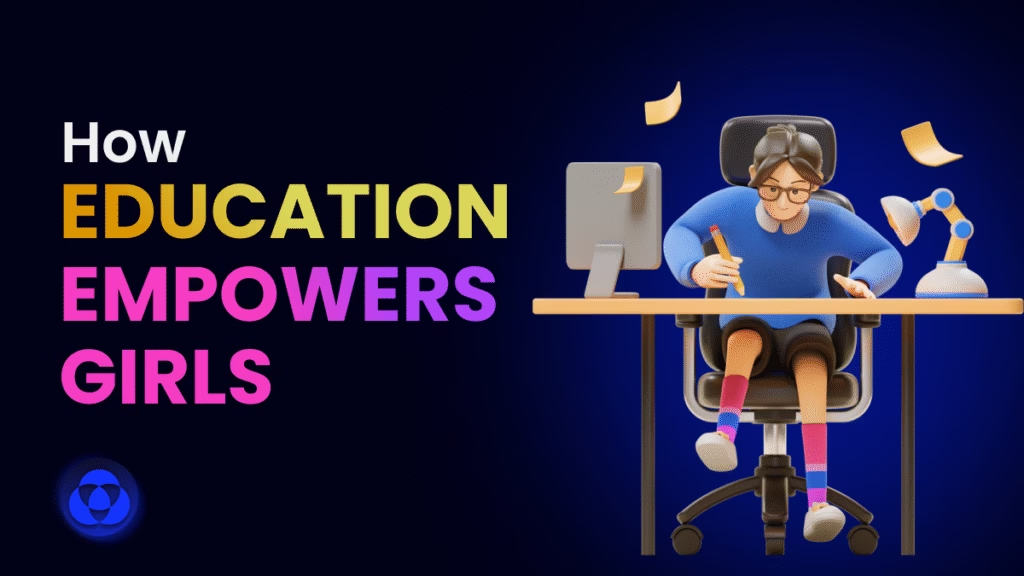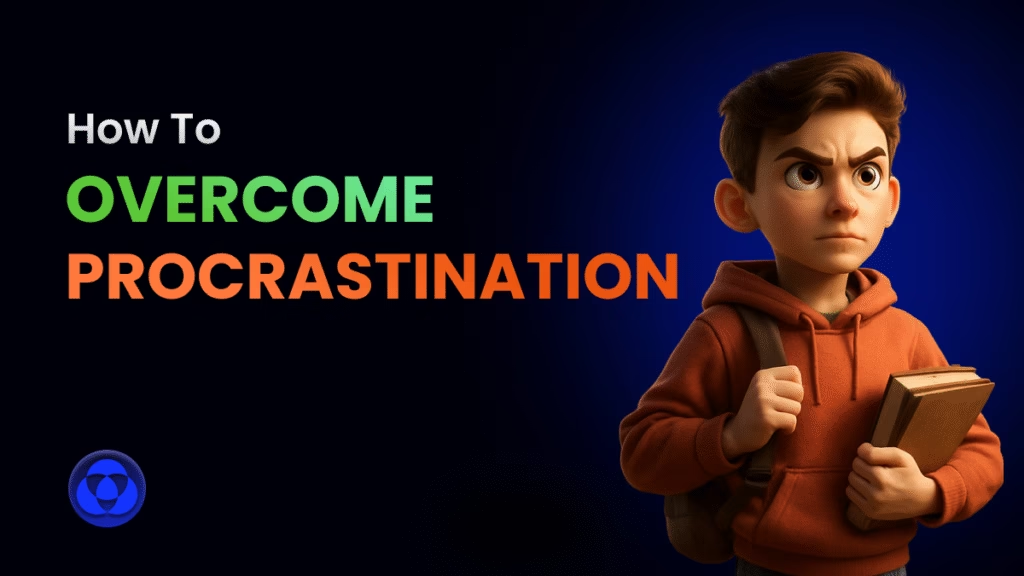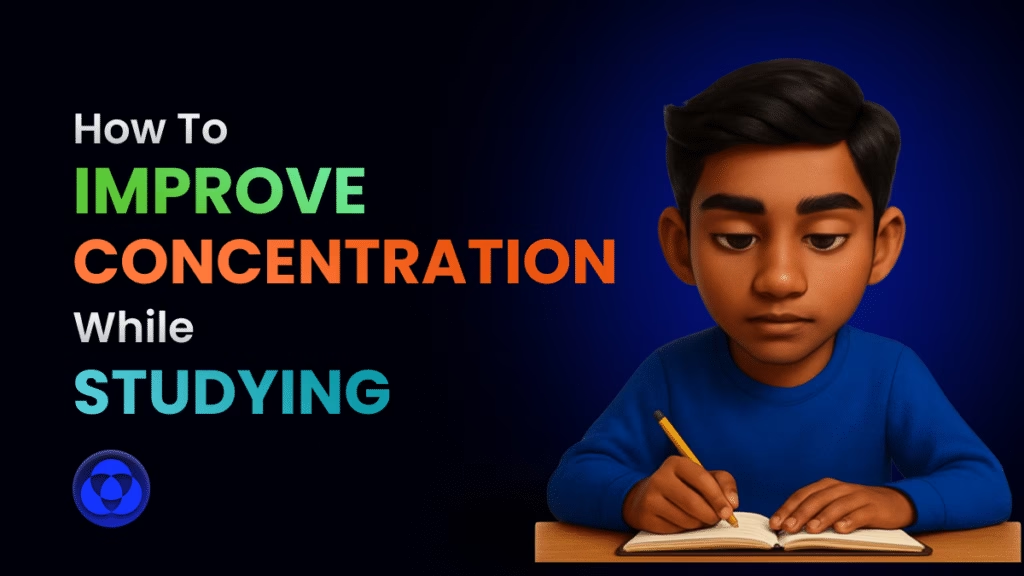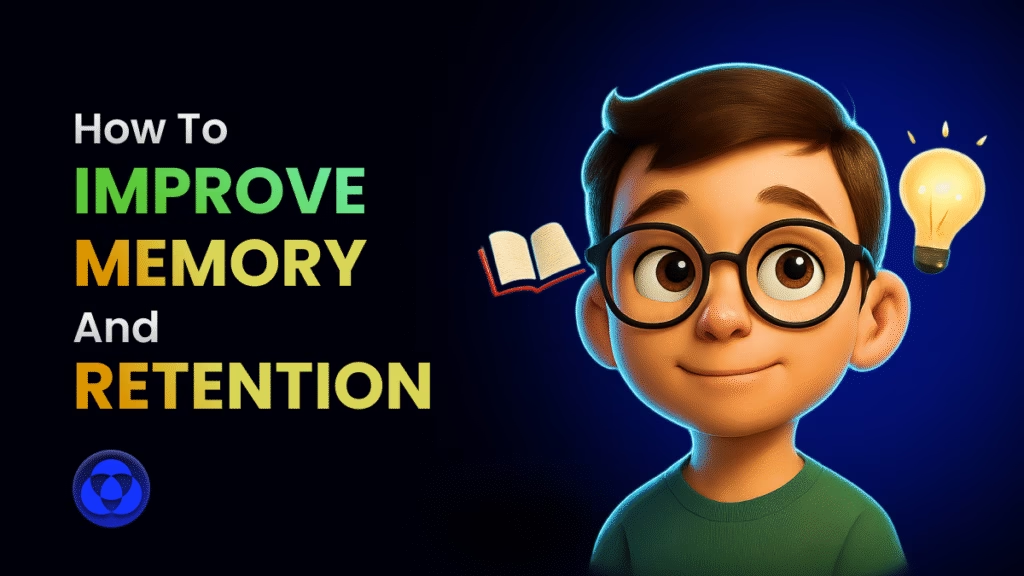Why is it that when a Bahujan girl dreams of education, society places so many barriers in her way? And why does her success threaten the status quo? These questions strike at the heart of a profound injustice that has persisted for generations in India. Education, a fundamental right and a powerful tool for liberation, has long been denied to Bahujan women due to the intersecting oppressions of caste and gender. Yet, it is precisely this education that holds the key to their empowerment and the transformation of entire communities.
In this article, we’ll explore the transformative power of education for Bahujan women and girls, the challenges they face in accessing it, and how we can collectively support their educational journey. We’ll delve into the historical context of their exclusion, the impact of education on their lives, the role of feminist movements in advocating for their rights, and practical ways to support their learning.
The Historical Exclusion of Bahujan Women from Education
The story of Bahujan women’s education in India is one of systematic exclusion and hard-fought battles for inclusion. For centuries, the caste system and patriarchal norms worked in tandem to keep Bahujan women confined to labor-intensive, low-paying jobs, effectively barring them from accessing education.
In pre-independence India, the Brahmanical social order dictated that education was the exclusive domain of upper-caste men. Women of all castes and men from lower castes were denied access to learning. This exclusion was not merely a social practice but was often codified into law, making it a punishable offense for lower-caste individuals to seek education.
The arrival of colonial rule did little to dismantle these oppressive structures. Instead, it often reinforced them, creating a new elite class of English-educated upper-caste Indians while further marginalizing Bahujan communities.
Even today, the echoes of this historical exclusion resonate in the experiences of Bahujan women and girls seeking education. They face multiple layers of discrimination:
In Schools: Bahujan students often face casteist slurs, segregation, and differential treatment from teachers and peers.
Financial Barriers: Many Bahujan families struggle with poverty, making it difficult to afford school fees, books, and other educational expenses.
Social Pressure: There’s often immense pressure on Bahujan girls to prioritize household responsibilities or early marriage over education.
Lack of Role Models: The scarcity of Bahujan women in positions of academic leadership can make it hard for young girls to envision themselves in such roles.

The Transformative Power of Education for Bahujan Women
Despite these challenges, education remains one of the most powerful tools for the empowerment of Bahujan women. When a Bahujan girl receives quality education, the impact ripples out, transforming not just her life but the lives of her family and community. Here’s how:
Economic Independence: Education opens doors to better job opportunities and financial security. It equips Bahujan women with skills that can help them break free from traditional, often exploitative, occupations.
Breaking Generational Poverty: An educated Bahujan woman is better positioned to ensure her children’s education, thus breaking the cycle of poverty that often traps marginalized communities.
Challenging Patriarchal and Casteist Norms: Education empowers Bahujan women to question and challenge oppressive social norms. It provides them with the knowledge and confidence to assert their rights and dignity.
Improved Health and Well-being: Education gives women access to crucial information about health, hygiene, and reproductive rights. This knowledge not only benefits them but also leads to better health outcomes for their families.
Leadership Opportunities: Education creates pathways for Bahujan women to take on leadership roles in politics, activism, and business. This representation is crucial for addressing the unique needs of Bahujan communities.


The Role of Feminist Movements in Bahujan Women’s Education
The struggle for Bahujan women’s education has been closely intertwined with feminist movements in India. However, it’s important to note that mainstream Indian feminism has often been critiqued for focusing primarily on the struggles of upper-caste women, overlooking the unique challenges faced by Bahujan women.
This is where the contributions of Bahujan feminists become crucial. One of the most iconic figures in this struggle is Savitribai Phule, often hailed as India’s first female teacher. In 1848, despite facing violent opposition and social ostracism, Savitribai and her husband Jyotirao Phule started the first school for girls in Pune.
Savitribai’s work was revolutionary not just because she educated girls, but because she opened her school to girls of all castes. This was a direct challenge to the Brahmanical social order that sought to keep education as the privilege of a few.
The legacy of Savitribai Phule continues to inspire Bahujan feminists today. Modern Bahujan feminist movements emphasize the need for an intersectional approach that recognizes how caste, class, and gender intersect to create unique forms of oppression.
These movements advocate for:
- Inclusive education policies that address the specific needs of Bahujan girls
- Representation of Bahujan women in educational leadership roles
- Curriculum reform to include Bahujan history and contributions
- Measures to combat caste-based discrimination in educational institutions

Practical Ways to Support Bahujan Women and Girls in Education
Supporting the educational journey of Bahujan women and girls requires a multi-faceted approach involving families, communities, educators, and policymakers. Here are some practical ways we can contribute:
Financial Support:
- Promote awareness about government scholarships specifically designed for Bahujan girls, such as the Savitribai Phule Scholarship.
- Encourage community-led initiatives to fund education for Bahujan girls.
- Support organizations working to provide educational resources to marginalized communities.
Creating Safe Learning Spaces:
- Advocate for strict implementation of anti-discrimination policies in educational institutions.
- Support teacher training programs that address caste and gender biases.
- Encourage the formation of support groups for Bahujan students in schools and colleges.
Family and Community Encouragement:
- Challenge the mindset that views marriage as the primary goal for girls.
- Highlight success stories of educated Bahujan women to inspire younger generations.
- Engage with community leaders to promote the value of girls’ education.
Increasing Representation:
- Push for more Bahujan women in teaching and leadership positions in educational institutions.
- Support mentorship programs that connect young Bahujan girls with successful Bahujan women.
- Advocate for the inclusion of Bahujan history and contributions in school curricula.
Bridging the Digital Divide:
- Support initiatives that provide digital devices and internet access to Bahujan girls for online learning.
- Promote digital literacy programs specifically targeting Bahujan women and girls.
Addressing Systemic Issues:
- Advocate for policy changes that address the root causes of educational inequality, such as poverty and social discrimination.
- Support research that focuses on the specific educational challenges faced by Bahujan women and girls.

Frequently Asked Questions
Q1. Why is education especially important for Bahujan women and girls?
Education gives Bahujan women the tools to challenge both caste and gender-based discrimination. It builds confidence, helps them become financially independent, and gives them a voice in their families, communities, and the wider world.
Q2. What are some of the biggest barriers to education for Bahujan girls?
Common barriers include financial hardship, caste-based discrimination in schools, lack of support from family or community, early marriage, and unsafe school environments.
Q3. How does education help break caste and gender stereotypes?
Education allows Bahujan women to challenge the idea that they are only meant for certain roles or jobs. It opens up new opportunities and helps create role models who inspire others to dream bigger.
Q4. Is it too late to start studying if I dropped out earlier?
No, it’s never too late. Many women return to education through open schooling, online classes, or skill-based learning. The important thing is to start from where you are.
Q5. What if my family or community doesn’t support my education?
This is a real and painful challenge. Try to find allies—like local women’s groups, NGOs, or online communities—that can support you emotionally or practically. Sometimes even one supportive person can make a big difference.
Q6. How can I study if I can’t afford books, coaching, or tuition?
There are free online resources, scholarships, and community study groups. Many platforms like NPTEL, YouTube, and SWAYAM offer free courses. Libraries and study circles can also be powerful tools.
Q7. What are some career options for educated Bahujan women?
Anything—from teachers, nurses, government officers, and engineers to entrepreneurs, activists, artists, and coders. Education helps you explore multiple paths and make informed choices.
Q8. Can education really change my life?
Yes. Even if change feels slow, education gives you more control over your life. It can lead to better work, better decisions, and more respect—from others and from yourself.
Common Concerns
“I’m afraid I’ll fail or not be good enough.”
That fear is normal, especially if you’ve faced years of exclusion. But learning is a process, not a race. Progress matters more than perfection.
“People in my village/community say girls shouldn’t study too much.”
They say, ‘Girls shouldn’t study too much.’ But what they really mean is, ‘Stay in your place.’ These are not just opinions—they are chains, passed down through generations to keep women small. But every time a Bahujan girl picks up a book, asks a question, or dares to dream bigger, she breaks a link in that chain. Her courage doesn’t just free her—it lights the path for others to rise too.
“I want to study but I also have to work or take care of my family.”
You’re not alone. Try flexible options like evening classes, part-time study, or learning online. Even a little time each day adds up.
“I feel alone in this journey.”
There are many other Bahujan girls and women walking a similar path. Look for community groups, online forums, or supportive teachers and friends. You are not alone.

The Road Ahead: Education as a Tool for Liberation
Education for Bahujan women and girls is not just about literacy or degrees. It’s about empowerment, dignity, and the right to dream and achieve. When we educate a Bahujan girl, we’re not just changing one life – we’re transforming entire communities and challenging centuries-old systems of oppression.
The journey towards equal educational opportunities for Bahujan women is far from over. It requires sustained effort, policy changes, and a shift in societal attitudes. But every step taken in this direction is a step towards a more just and equitable society.
As Dr. B.R. Ambedkar, the chief architect of India’s constitution and a prominent Dalit leader, said, “Education is what makes a person fearless, teaches him the lesson of unity, makes him aware of his rights and inspires him to struggle for his rights.”
Let this be a call to action for all of us – families, educators, policymakers, and citizens. We must prioritize and actively support Bahujan women’s right to education. By doing so, we’re not just uplifting individuals; we’re paving the way for a more inclusive, equitable, and progressive India.

The dream of education that every Bahujan girl harbors is not just her dream – it’s the dream of a nation striving to fulfill its constitutional promise of equality and justice for all. Let’s work together to turn this dream into reality, one educated Bahujan woman at a time.










